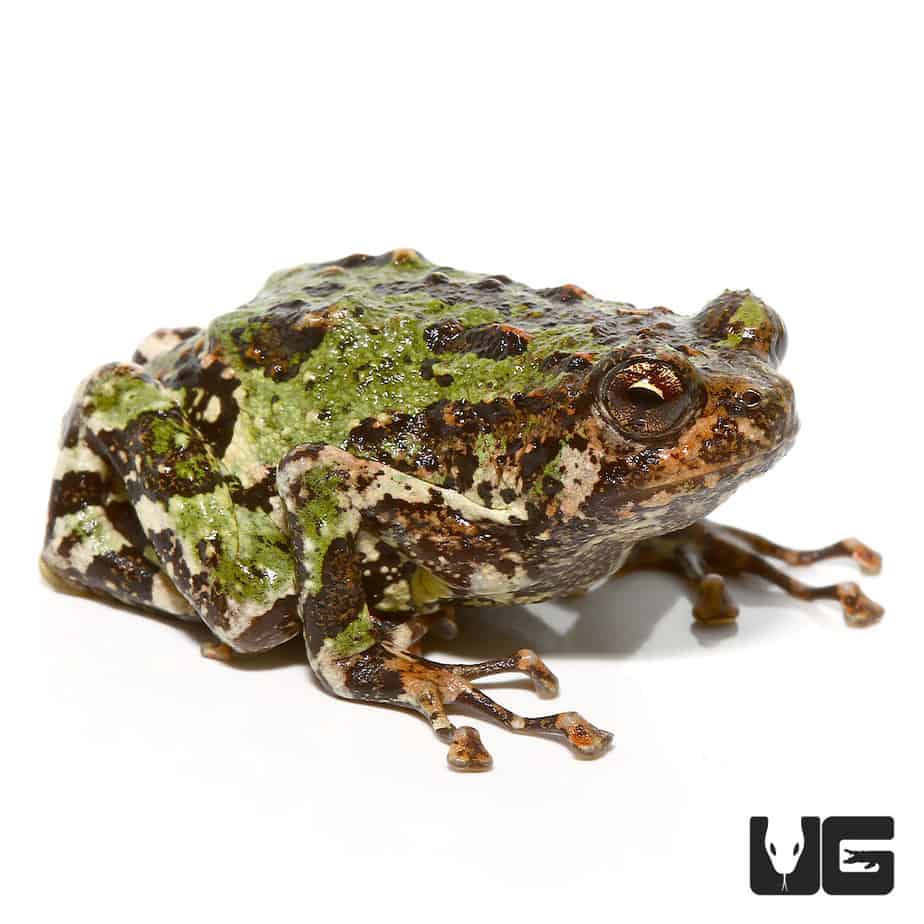Rain Frog for Sale: Unlock the Beauty of Nature with Your Own Amphibian Companion!
Rain Frog for Sale: Unlock the Beauty of Nature with Your Own Amphibian Companion!
Blog Article
Common Wellness Issues in Reptiles: Signs and Solutions
In the complex globe of reptile care, comprehending the usual health and wellness concerns that may influence these special animals is vital in ensuring their health. Whether it's grappling with parasitical infestations, navigating dehydration problems, or resolving skin conditions that show up in subtle methods, being attuned to the signs and symptoms and furnished with the expertise of effective options is important for any type of reptile proprietor.
Respiratory System Infections
Respiratory system infections in reptiles can substantially affect their overall health and call for timely attention from seasoned vets. In reptiles, respiratory infections can be particularly testing to identify and deal with due to their special composition and physiology.
Therapy for breathing infections in reptiles usually involves a mix of helpful treatment, such as preserving proper moisture levels and temperature level gradients in the unit, in addition to targeted drug to attend to the particular virus accountable for the infection. It is crucial for reptile proprietors to monitor their family pets closely for any type of indicators of breathing distress and look for veterinary treatment at the earliest indication of a problem. With timely intervention and proper treatment, lots of reptiles can recuperate fully from respiratory system infections and return to typical tasks.

Metabolic Bone Disease
What aspects add to the development of Metabolic Bone Disease in reptiles?
Metabolic Bone Illness (MBD) in reptiles is mostly created by a lack of appropriate calcium, phosphorus, and vitamin D3 degrees in their diet. When reptiles do not receive sufficient calcium, either with their food or correct UVB direct exposure for vitamin D3 synthesis, they go to a high threat of developing MBD. Reptiles with diets low in calcium or imbalanced calcium to phosphorus ratios are particularly vulnerable. Furthermore, insufficient exposure to UVB light stops reptiles from synthesizing vitamin D3, which is vital for calcium absorption and bone wellness.
Inadequate moisture levels can additionally influence a reptile's ability to metabolize calcium successfully. Routine veterinary exams, proper husbandry techniques, and a balanced diet regimen are crucial to stop Metabolic Bone Illness in reptiles.
Parasitic Invasions
Parasitic problems position a considerable health threat to reptiles, affecting their general health and requiring punctual veterinary focus. Reptiles can be affected by various parasites, including termites, ticks, inner worms, and protozoa. These parasites can create a variety of signs and symptoms, such as weight loss, sleepiness, skin irritability, diarrhea, and even death if left without treatment.
One common bloodsucker found in reptiles is the mite, which can create skin stress and anxiety, irritability, and anemia. Ticks are one more external parasite that can transfer illness and trigger pain to the reptile. Internal bloodsuckers like worms and protozoa can result in digestive concerns, lack of nutrition, and weaken the reptile's body immune system.
To identify a parasitical problem, a veterinarian might perform fecal tests, skin scrapings, or blood examinations. Therapy usually involves deworming drugs, antiparasitic baths, or in severe situations, hospitalization. Preventative measures such as normal vet exams, appropriate hygiene, and quarantine procedures for new reptiles can help lessen the risk of parasitic invasions and guarantee the health of reptile pets.
Dehydration and Hydration Issues
Dehydration in reptiles can significantly impact their health and wellness, requiring timely intervention and proper hydration management. Reptiles are susceptible to dehydration because of numerous aspects such as poor water intake, high ecological temperatures, and particular wellness problems. Signs of dehydration in reptiles include sunken eyes, sleepiness, loss of skin flexibility, and decreased urination. If left neglected, dehydration can cause severe wellness issues and also be fatal to the reptile.
To stop dehydration, reptile owners ought to make certain that their family pets have accessibility to tidy water in all times. The water dish should be huge sufficient for the reptile to soak in if needed, especially for varieties that soak up water with their skin. Additionally, keeping appropriate moisture degrees in the reptile's enclosure and giving regular baths can aid protect against dehydration.
In cases of dehydration, it is critical to look for veterinary care without delay. A vet may provide liquids either by mouth or via shots to rehydrate the reptile. It is important to resolve the underlying cause of dehydration to avoid reoccurrence and make see here now certain the reptile's overall well-being.
Skin Ailments

Final Thought

Respiratory system infections in reptiles can considerably impact their general wellness and call for prompt focus from experienced vets (rain frog for sale). Preventative actions such as normal vet check-ups, proper health, and quarantine treatments for new reptiles can aid reduce the risk of parasitic invasions and guarantee the health home of reptile animals
If left untreated, dehydration can lead to major health problems and also be fatal to the reptile.
On a regular basis examining your reptile for any type of adjustments in skin shade, appearance, or appearance can aid in early detection and therapy of skin ailments, advertising the total health and well-being of your scaly buddy. - rain frog for sale
In verdict, reptiles are vulnerable to various health concerns such as respiratory system infections, metabolic bone disease, parasitic invasions, dehydration, and skin ailments.
Report this page